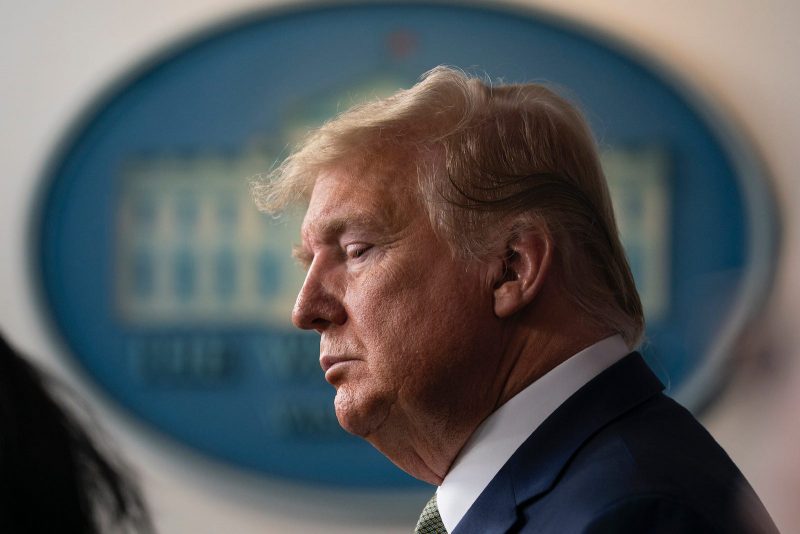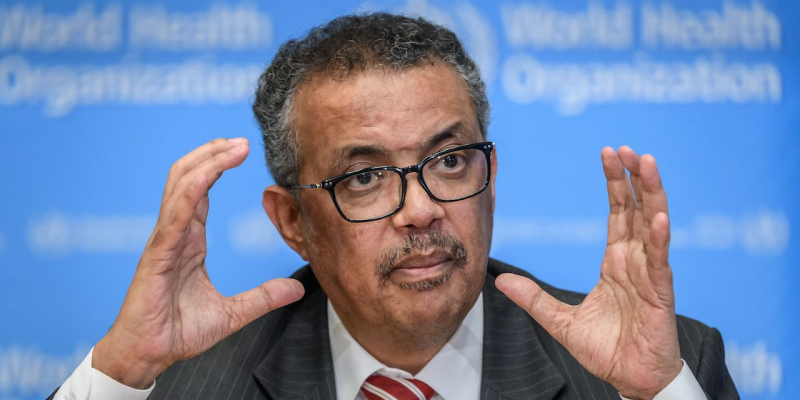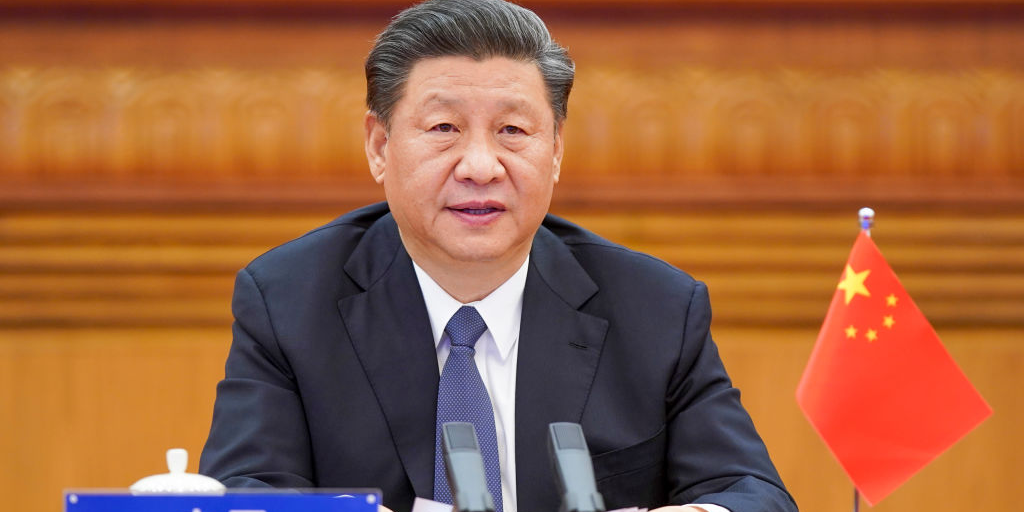- China has pledged millions of dollars to the World Health Organization as the coronavirus pandemic rages on.
- The US, previously the largest financial contributor to WHO, announced earlier this month that it would freeze $400 million in payments to the agency.
- A national security expert told Business Insider that China’s contributions to WHO were not goodwill gestures but a political power move meant “to boost its superficial credentials” in the pandemic.
- He added that while WHO experts “do wonderful work on the ground in all parts of the world,” the agency’s leadership had become “captured by countries such as China,” putting its credibility to the test.
- Visit Business Insider’s homepage for more stories.
China is pumping millions of dollars into the World Health Organization, an action one expert describes as a political move meant “to boost its superficial credentials” in the fight against the coronavirus pandemic as the US pulls its own WHO funding.
A Chinese Foreign Ministry spokesman, Geng Shuang, told a Thursday news briefing that the country would be injecting an extra $30 million into the agency “in support of global efforts to fight COVID-19 and the construction of public health systems in developing countries.”
China also lapped praise on WHO and its leadership, saying the agency “had actively fulfilled its duties with objective, science-based and fair position.”
Last month, China already pledged $20 million to the organization, a move it said was meant to “help small and medium-sized countries with weak public health systems in particular to bolster their epidemic preparedness.”
China's latest cash injection comes a week after the US announced plans to freeze $400 million in payments to WHO. Until then, the US was the largest financial contributor to WHO.
According to publicly available data, as of the end of 2019, China contributed $86 million to WHO - $75.8 million in assessed contributions and $10.2 million in voluntary contributions - while the US gave $893 million - $236 million in assessed contributions and $656 million in voluntary contributions.
It's not clear whether the US will cut from the assessed or voluntary contributions. Other nongovernmental groups, like the Bill & Melinda Gates Foundation, gave WHO $531 million in voluntary contributions in 2019.

President Donald Trump told a coronavirus press briefing last week that the organization had "failed to adequately obtain and share information in a timely and transparent fashion."
Trump and other critics have accused WHO of assisting China in efforts to suppress information on the coronavirus, which originated in the Chinese city of Wuhan late last year.
In particular, the Trump administration has criticized WHO's claim in mid-January that there was no known human-to-human transmission of the virus.
According to The Guardian, the tweet was posted because an official worried that a WHO expert was issuing warnings that deviated from China's messaging. (A WHO source told Business Insider the message was posted to "balance the science out," rather than for political reasons.)
Japan's deputy prime minister and finance minister, Taro Aso, also referred to WHO last month as the "Chinese Health Organization," referencing its close ties to Beijing.

'Chinese officials and their propaganda machinery are in high gear worldwide'
Experts told Business Insider that China's contributions to WHO were not goodwill gestures but rather a series of political power moves to boost its global image.
"Beijing sees an opportunity to boost its superficial credentials as a global contributor to the pandemic following the US decision to halt funding to WHO," said John Lee, who served as a national security adviser to Australian Foreign Minister Julie Bishop from 2016 to 2018.
Lee now works as a senior fellow at the United States Studies Center in Sydney and a senior fellow at the Hudson Institute in Washington, DC.
He said China's other altruistic measures, like sending medical teams and protective equipment to countries battling the coronavirus, were also tools meant to give China a political boost in the global arena.
Sophie Richardson, the China director at Human Rights Watch, previously told Business Insider's Alexandra Ma that China was trying to craft an image for itself as a global leader in the coronavirus fight rather than the country from which the virus originated.
"Chinese officials and their propaganda machinery are in high gear worldwide trying to paint the Chinese government as the solution to the problem, rather than one of the sources of it," Richardson said.
WHO leaders 'captured' by China
Lee said that while science and health experts at WHO "do wonderful work on the ground in all parts of the world," the agency's leadership had become "captured by countries such as China," putting its credibility to the test.
"When [WHO] leadership is called to make decisions of global health concern such as with the current pandemic, such decisions tend to be overly influenced by political rather than health priorities," Lee said.
"In this context, Dr. Tedros is deeply compromised and his credibility is heavily damaged," he added.
WHO officials have hit back at accusations of the organization being "China-centric," saying its close relationship with China is "essential" in understanding the origins of the outbreak.
"It was absolutely critical in the early part of this outbreak to have full access to everything possible, to get on the ground and work with the Chinese to understand this," Bruce Aylward, a senior adviser to Tedros, told reporters earlier this month.
Tedros has also dismissed accusations of associating too closely with China, saying the agency was "close to every nation." "We are color-blind," he told reporters on April 8.
